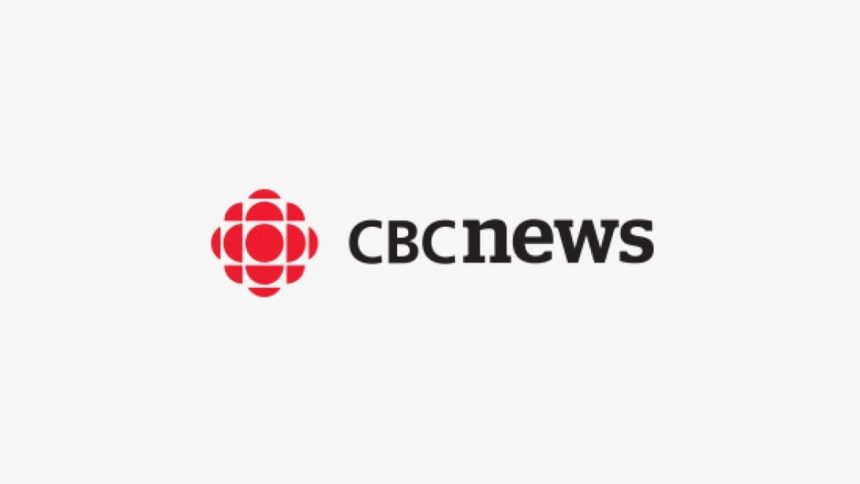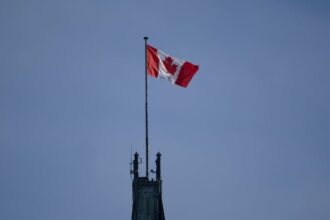In a rapidly shifting geopolitical landscape, Canada finds itself navigating complex domestic challenges while remaining attuned to global developments that increasingly impact our national interests. As tensions flare across multiple continents and economic pressures mount domestically, Canadians are witnessing one of the most consequential news cycles in recent memory.
The Bank of Canada’s decision yesterday to maintain interest rates at 4.5% has sent ripples through the country’s housing and financial markets. “We’re seeing a precarious balance between controlling inflation and avoiding economic contraction,” notes economist Mariam Chen of the Royal Bank of Canada. This delicate equilibrium comes as Canadian households continue grappling with elevated living costs and mortgage payments that have stretched many budgets to breaking point.
Meanwhile, Prime Minister Justin Trudeau’s cabinet shuffle last week signals what many political analysts view as a strategic repositioning ahead of mounting public pressure over affordability issues. The appointment of three new ministers with economic portfolios demonstrates Ottawa’s acknowledgment of kitchen-table concerns dominating public discourse.
In British Columbia, unprecedented wildfire activity has already consumed over 40,000 hectares of forest—nearly triple the five-year average for this time of year. Provincial resources are stretched thin as emergency management officials warn this could become “the new normal” under changing climate conditions. The federal government has approved military assistance for the hardest-hit communities in the province’s interior.
On the international stage, Canadian diplomats are working overtime as escalating tensions in Eastern Europe threaten to undermine the already fragile global security architecture. Foreign Affairs Minister Mélanie Joly met with NATO counterparts in Brussels yesterday, where she reaffirmed Canada’s commitment to supporting Ukraine while advocating for a diplomatic resolution to the conflict.
“Canada stands firm in our conviction that territorial sovereignty must be respected as a fundamental principle of international relations,” Joly stated following the high-level meetings. This stance comes as Canada prepares to deploy an additional 300 military personnel to Latvia as part of NATO’s enhanced forward presence in the Baltic region.
The ongoing humanitarian crisis in Sudan has also prompted Canada to pledge $25 million in emergency assistance, though critics argue this response falls short given the scale of displacement affecting over 1.4 million people. Canadian aid organizations report severe challenges in delivering essential services amid deteriorating security conditions.
In business news, Toronto’s tech sector continues its remarkable resilience despite global industry contractions, with five new startups securing over $200 million in venture capital funding last quarter. This development stands in stark contrast to manufacturing slowdowns in southern Ontario, where supply chain disruptions continue hampering production capacities.
Energy markets remain volatile as western Canadian producers navigate uncertain global demand and pipeline capacity constraints. The Trans Mountain expansion project, now 85% complete, promises to alleviate some transportation bottlenecks, though environmental groups continue to voice opposition to increased fossil fuel infrastructure.
As these multiple crises unfold simultaneously, Canadians increasingly find themselves asking fundamental questions about national priorities and resource allocation. How do we balance immediate economic concerns with long-term climate commitments? What role should Canada play in an increasingly fractured international order? The answers to these questions will likely define our national trajectory for years to come.










